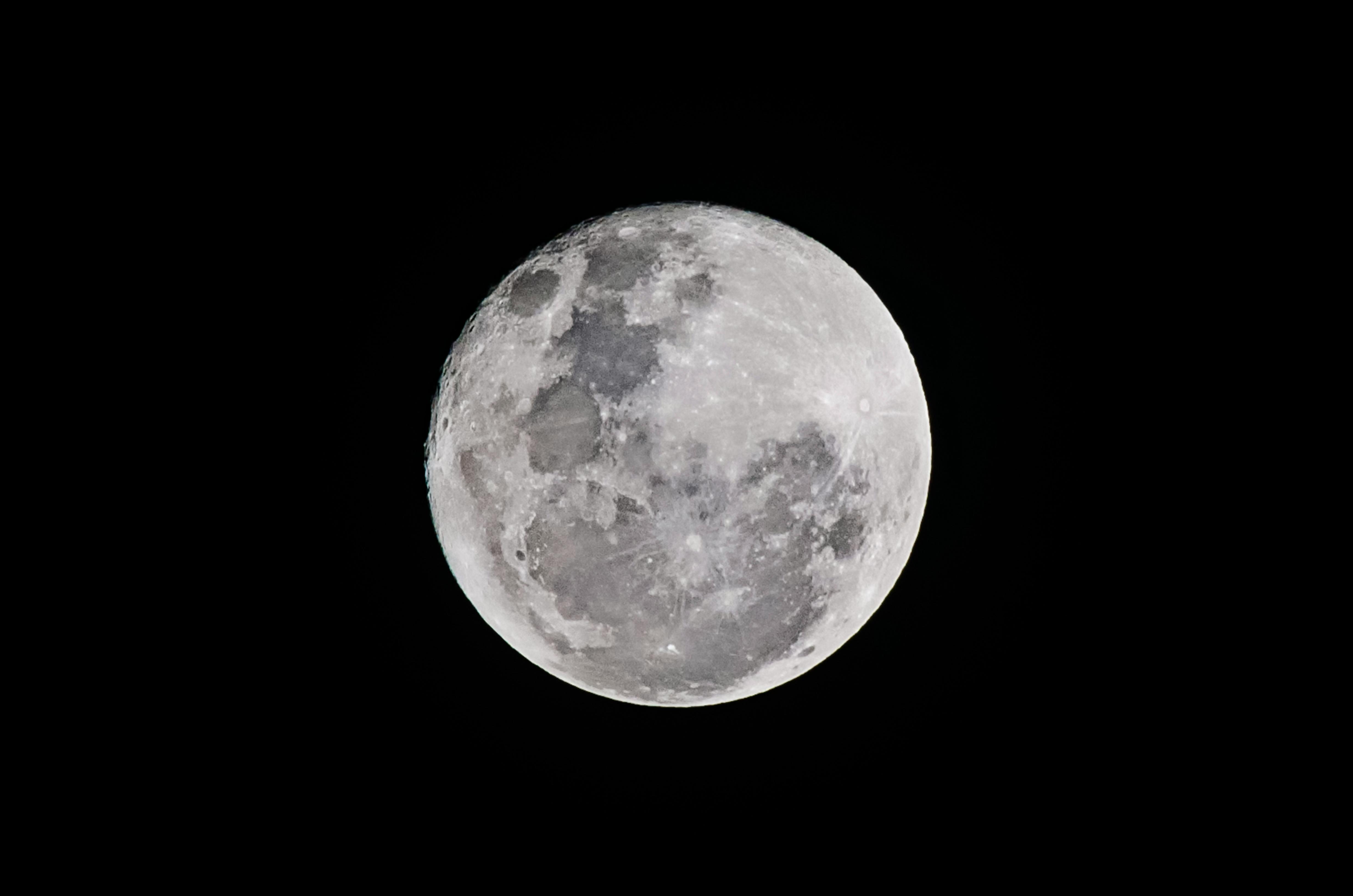"Unveiling the Mystique of Space Tourism: A New Horizon in Travel & Transportation"
The exploration of space, once a dream confined to the pages of science fiction, is quickly becoming a reality. As early as the mid-20th century, the world watched in awe as mankind took its first steps on the moon. Fast forward to today, and the concept of space tourism is no longer a pipe dream but an imminent reality. With billionaires like Elon Musk and Richard Branson leading the charge, space tourism is set to redefine travel and transportation as we know it.

Space Tourism Today: An Exclusive Experience
Space tourism is currently positioned as an exclusive experience, accessible only to the super-wealthy. The price tags attached to these out-of-this-world adventures are astronomical, with tickets ranging from $250,000 to $55 million. However, as the industry matures and technology advances, the hope is that space tourism will become more accessible to the everyday traveler.
Advantages and Challenges of Space Tourism
Space tourism presents a multitude of advantages and challenges. On the one hand, it opens up a new frontier for exploration and human achievement. It also has the potential to contribute significantly to our understanding of the universe.
On the other hand, there are significant challenges to overcome. The safety and health risks associated with space travel are considerable. Furthermore, the environmental impact of frequent rocket launches is a concern that needs to be addressed.
Space Tourism: Impact on Travelers
The impact of space tourism on travelers is profound. It offers a completely new perspective on life and our place in the universe. The view of Earth from space, often referred to as the “overview effect,” has been described by astronauts as a life-changing experience that instills a sense of interconnectedness and responsibility towards our planet.
Handy Facts About Space Tourism
- The first private citizen to travel to space was Dennis Tito in 2001, who paid $20 million for his trip to the International Space Station.
- Virgin Galactic, owned by Richard Branson, plans to offer suborbital spaceflights, which will allow passengers to experience a few minutes of weightlessness and see the curvature of the Earth.
- Elon Musk’s SpaceX plans to offer trips around the moon and even Mars in the future.
- Blue Origin, owned by Jeff Bezos, aims to offer suborbital spaceflights using its New Shepard launch system.
The Future of Space Tourism
While the space tourism industry is still in its infancy, its potential is undeniable. Despite the challenges, the prospect of exploring the final frontier is an exciting one. With advancements in technology and growing interest, space tourism could soon become a travel trend that’s not just for the rich and famous, but for anyone with an adventurous spirit and a desire to see our world from a whole new perspective.
As we gaze towards the stars, it’s clear that the future of travel and transportation is set to reach new heights, quite literally. The age of space tourism is upon us, presenting a new horizon of possibilities and a chance to redefine our understanding of travel forever.




